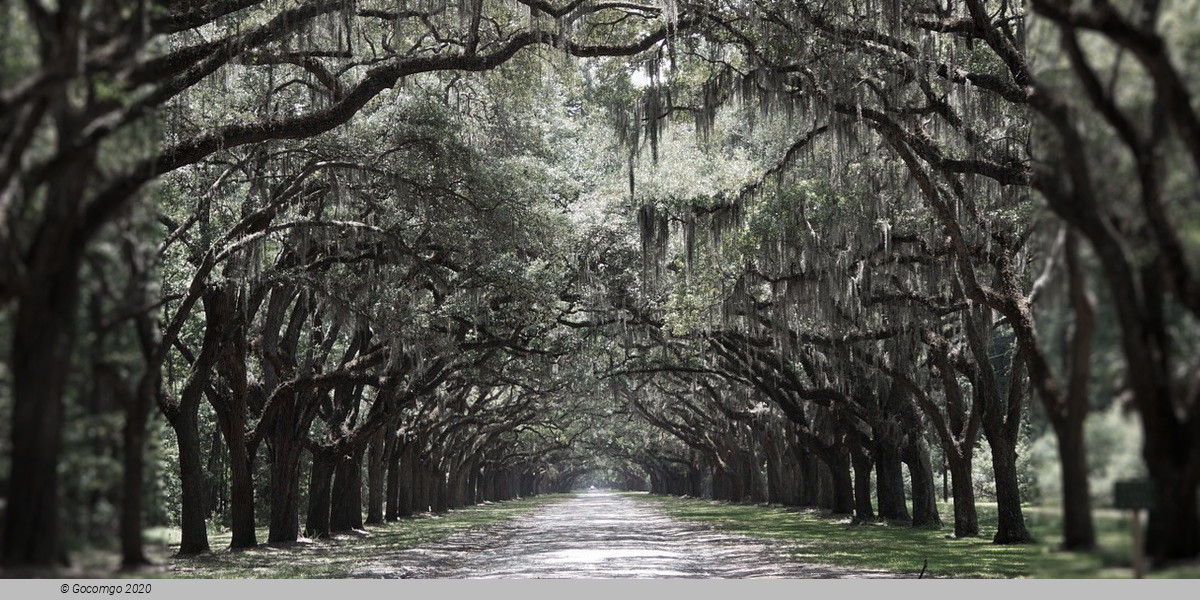Venues in Savannah

Savannah is the oldest city in the U.S. state of Georgia and is the county seat of Chatham County. Established in 1733 on the Savannah River, the city of Savannah became the British colonial capital of the Province of Georgia and later the first state capital of Georgia. A strategic port city in the American Revolution and during the American Civil War, Savannah is today an industrial center and an important Atlantic seaport.
History
On February 12, 1733, General James Oglethorpe and settlers from the ship Anne landed at Yamacraw Bluff and were greeted by Tomochichi, the Yamacraws, and Indian traders John and Mary Musgrove. Mary Musgrove often served as an interpreter. The city of Savannah was founded on that date, along with the colony of Georgia. In 1751, Savannah and the rest of Georgia became a Royal Colony and Savannah was made the colonial capital of Georgia.
By the outbreak of the American Revolutionary War, Savannah had become the southernmost commercial port in the Thirteen Colonies. British troops took the city in 1778, and the following year a combined force of American and French soldiers, including Haitians, failed to rout the British at the Siege of Savannah. The British did not leave the city until July 1782. In December 1804 the state legislature declared Milledgeville the new capital of Georgia.
Savannah, a prosperous seaport throughout the nineteenth century, was the Confederacy's sixth most populous city and the prime objective of General William T. Sherman's March to the Sea. Early on December 21, 1864, local authorities negotiated a peaceful surrender to save Savannah from destruction, and Union troops marched into the city at dawn.
Savannah was named for the Savannah River, which probably derives from variant names for the Shawnee, a Native American people who migrated to the river in the 1680s. The Shawnee destroyed another Native people, the Westo, and occupied their lands at the head of the Savannah River's navigation on the fall line, near present-day Augusta. These Shawnee, whose Native name was Ša·wano·ki (literally, "southerners"), were known by several local variants, including Shawano, Savano, Savana, and Savannah. Another theory is that the name Savannah refers to the extensive marshlands surrounding the river for miles inland, and is derived from the English term "savanna," a kind of tropical grassland, which was borrowed by the English from Spanish sabana and used in the Southern Colonies. (The Spanish word comes from the Taino word zabana.) Still, other theories suggest that the name Savannah originates from Algonquian terms meaning not only "southerners" but perhaps "salt."


